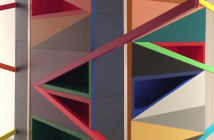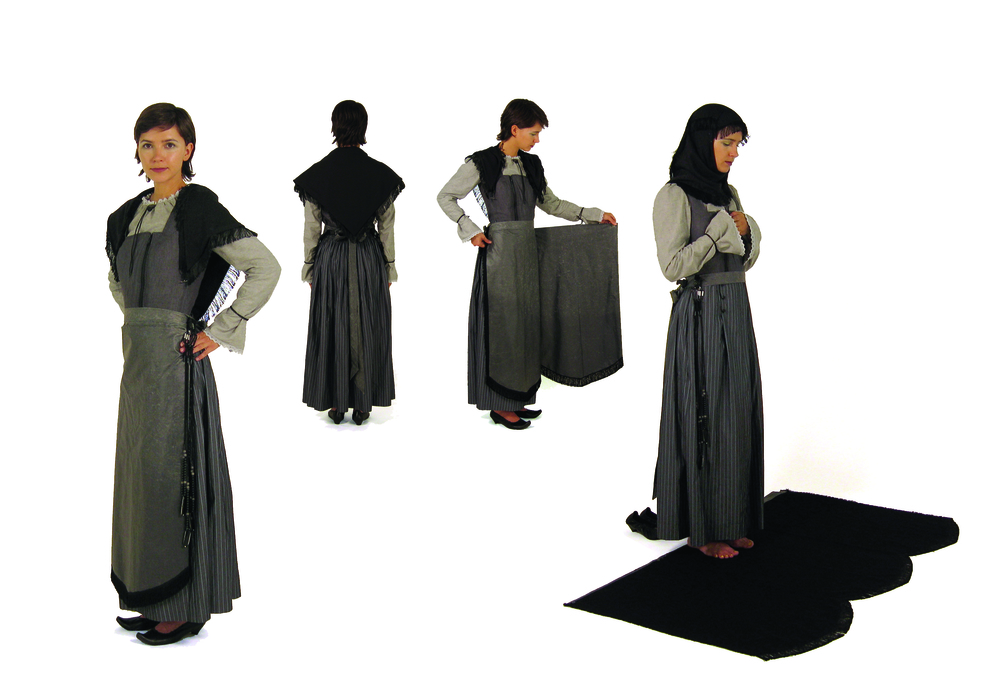There has been a lot of talk about the Foster Prize lately, which is better than no talk at all. In the process of putting my thoughts about the whole thing into some sort of shape, I came across a bit of writing by Jon Blackwood about biennial culture. Even though he is talking about former Yugoslavia, it feels to me like he might just as well be talking about Boston here:
"In a society where all but a tiny percentage of people active in culture live from week to week, often buying themselves time to produce culture by working jobs in another sector altogether, the notion of a ‘biennale’ with no relationship to the local grass roots, is of highly questionable value. Before biennales can meaningfully develop within Bosnia and Hercegovina, a whole new cultural infrastructure has to either emerge organically, or be put in place. Holding a biennale in the Bosnian context, is like owning a Porsche in a country with no roads."
(The full text of Jon Blackwood’s excellent talk on art in Bosnia and Hercegovina can be found here.)
While I can’t possibly compare the political landscape in Boston to Bosnia and Hercegovina, I think Mr. Blackwood is dead on about the perils of biennial culture, especially when he talks about our lack of any really meaningful cultural infrastructure. The back and forth about this year’s Foster Prize has questioned the curatorial methodology, who was (or should have been) selected, who won (or who should have). I prefer to look at the Foster Prize as an integrated part of a cultural ecosystem; to me the more meaningful question to be asked is: does the Foster Prize increase the freedom and agency of artists across Boston? I would argue that it does little on that front. It turns out a Porsche is a bad investment just about anywhere in the world, unless you also put in the time to build the roads for it.
So how do we start to build some much-needed artistic infrastructure? Blackwood writes that "given the almost total indifference of the state to cultural infrastructure, and [Bosnia’s] utter failure to grasp the importance of the cultural economy to post-industrial twenty first century societies, this infrastructure can only be produced and developed by artists and art professionals themselves." Maybe in Bosnia, but in an overheated Boston real estate market it is a slap in the face to tell artists to develop their own infrastructure. The economics are simply incomparable. What Boston sorely lacks are feeder spaces. Young artists need incubators where they can play with their ideas and find an audience; it takes time before young artists are ready to move up the food chain to more established cultural institutions and commercial galleries. In the meantime they need a physical space in which discourse and exploration can happen.
We are rich in art schools here in Boston (I teach at some of them sometimes). But I simply don’t believe the facilitated, top-down community model of academia can adequately substitute for the more organic and conversational communities of working artists. The safe bubble that school provides is absolutely necessary as a starting point, but ultimately only useful if an artist moves beyond it. In my experience, one does not discover the core of what is important to one’s work in school. One discovers it by testing oneself and one’s work against the world in all its complexity, wonder, and brutality; and failing, and evolving, and failing again. One finds it in embracing the kind of change and open-ended conversation that is simply not possible for a 22-year-old kid in an academic institution that is, like all institutions, conservative by nature. It is discovered, in short, by presenting unique objects and experiences to smart people in a space for dialogue.
We lack these spaces in Boston because of simple, brutal economics. It is fair and reasonable to ask artists in places like Providence and Lowell to put up a few hundred dollars a month for a warehouse space or a storefront and make something happen there. Asking artists in Boston to put up a few thousand for the same opportunity is not. Boston needs more spaces like the late, lamented Berwick Institute (which could no longer afford to keep its doors open). But no one I know can afford to shoulder the kind of work and financial burden a space like that requires while remaining a working artist. Telling those with the least that they need to pick themselves up by their own bootstraps has never been, and will never be, a good economic strategy.
I am glad we have the Foster Prize, and I think most of the artists nominated are certainly well-deserving of recognition. But in the context of our near total lack of public arts infrastructure, it starts to feel an awful lot like trickle-down economics to me. I don’t have any silver bullets, but maybe next time someone wants to donate money to something in this town they could start by thinking about building foundations before capstones, and roads before Porsches?
- Tito’s underground bunker, site of Bijenale D-0 Ark Underground
Icon image by Tor Lillqvist, Flickr Creative Commons.




